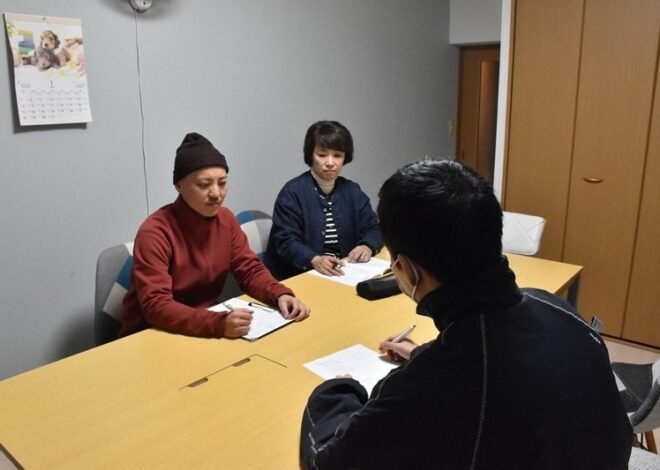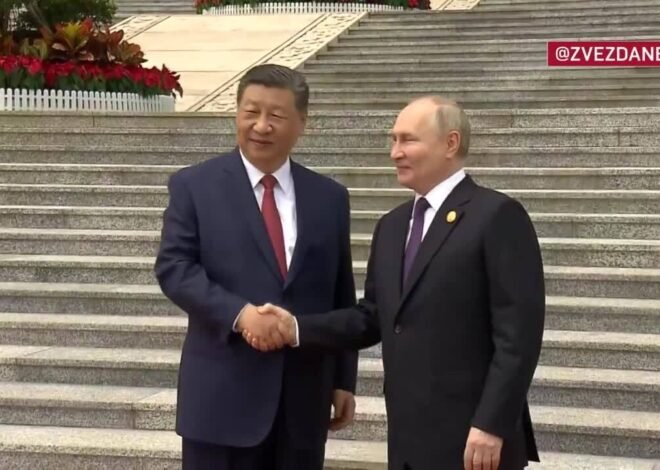
Indonesia’s different Covid-19 vaccination strategy
Some countries around the world such as the UK and the US have been conducting vaccination campaigns to prevent Covid-19 since last month with priority being given to frontline healthcare workers and the elderly, who are at high risk of being infected with nCoV.
Indonesia said there is currently not enough data to prove the effectiveness of Sinovac Biotech on the elderly, because ongoing clinical trials in the country involve the 18-59 year old population.
`We are not going against the trend,` said Siti Nadia Tarmizi, a senior official at Indonesia’s Health Ministry, adding that officials will wait for recommendations from drug regulators to decide on vaccination plans.
Government officials transfer a batch of Sinovac vaccines to the cold room at Palembang Health Department, South Sumatra province, Indonesia on January 4.
While the UK and US use the vaccine developed by Pfizer-BioNTech with proven effectiveness in all ages, Indonesia currently only has access to the Sinovac vaccine.
Experts say that the above approach of the largest epidemic region in Southeast Asia has both advantages and risks.
`I don’t think anyone is too rigid about which approach is right,` said Peter Collignon, a professor of infectious diseases at the Australian National University, adding that Indonesia’s strategy could slow the spread of infection.
Professor Dale Fisher at the Yong Loo Lin School of Medicine, University of Singapore, said he understood the rationale for Indonesia’s approach.
`Young workers are generally more active, communicate and travel more, so this strategy will reduce community infection faster than vaccinating the elderly,` he said.

Medical staff holds a Covid-19 test sample in Yogyakarta, Indonesia on January 3.
By vaccinating a more socially active and economically active population, the Indonesian government hopes to soon achieve herd immunity.
Health Minister Budi Gunadi Sadikin said the country needs to vaccinate 181.5 million people, equivalent to 67% of the population, to create community immunity, and needs nearly 427 million doses of vaccine with an estimate of two doses per person.
Some experts have expressed doubts about the possibility of achieving herd immunity, because more research needs to be conducted to confirm whether vaccinated people can transmit the virus.
Economists say that a successful vaccination program for about 100 million people will help rebuild the economy, restoring activities such as consumption and production.
Faisal Rahman, an economist at Mandiri Bank, said that the 18-59 year old group has higher consumer demand than other groups.
`They can promote a faster economic recovery because household consumption contributes more than 50% to the Indonesian economy,` he said, warning that the rising number of Covid-19 cases in the country also poses a danger.
The pandemic pushed Indonesia, Southeast Asia’s largest economy, last year into its first recession in more than two decades, with the government estimating a contraction of 2.2%.


